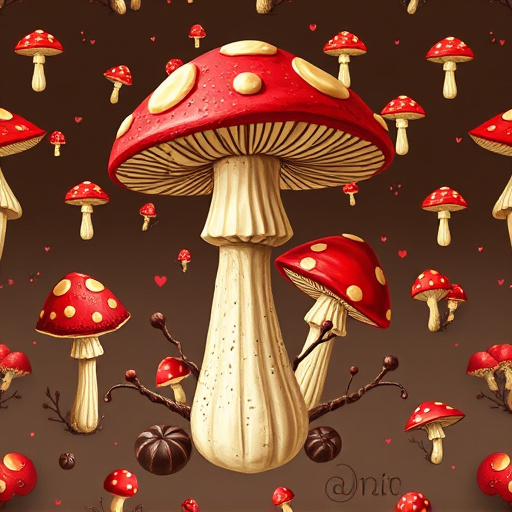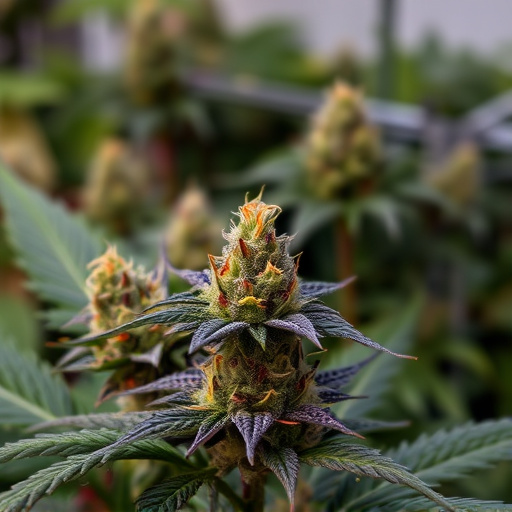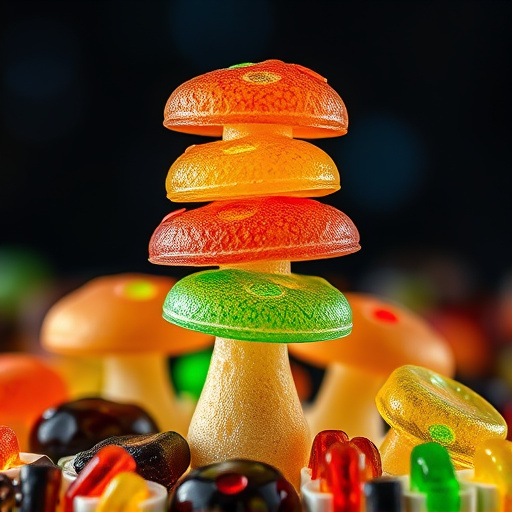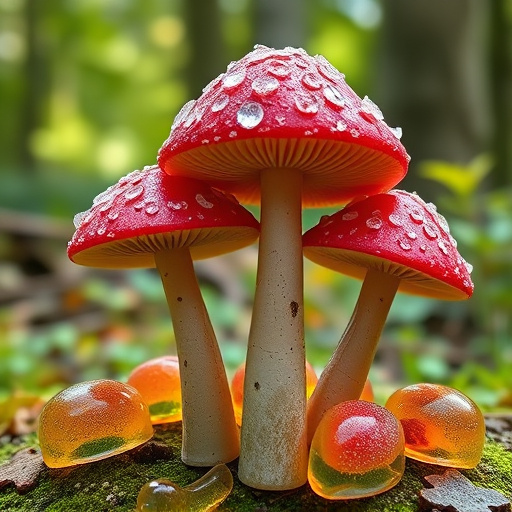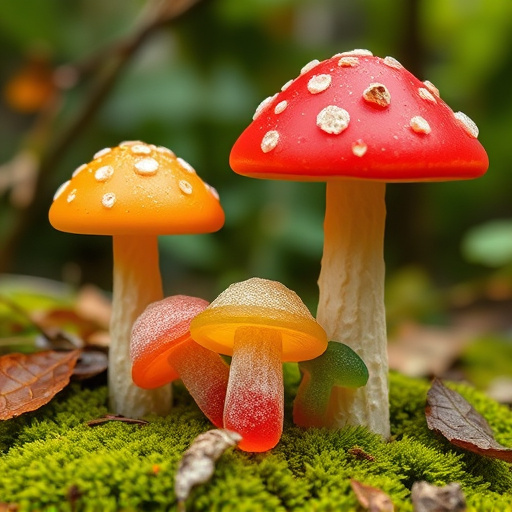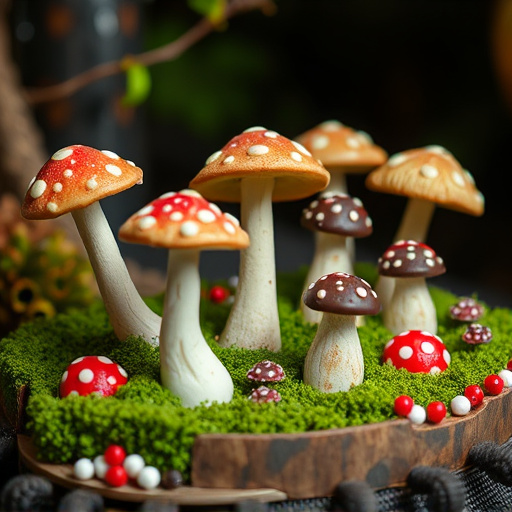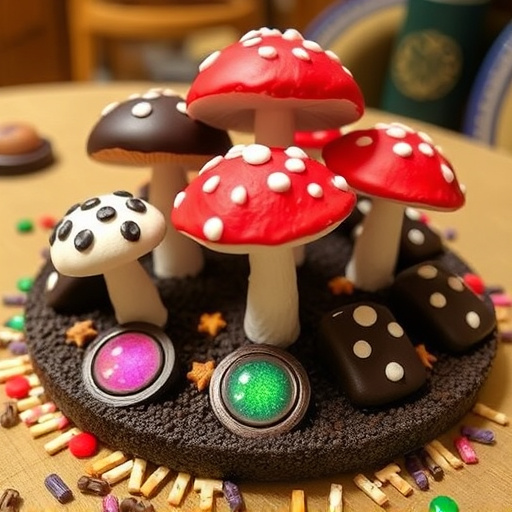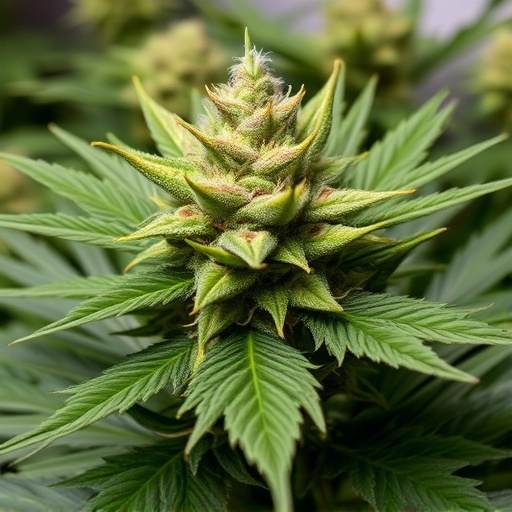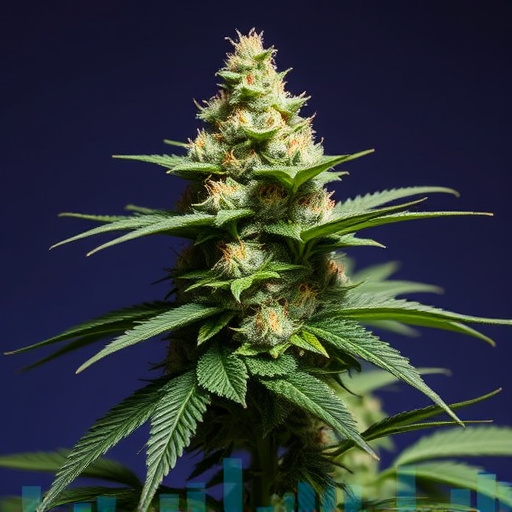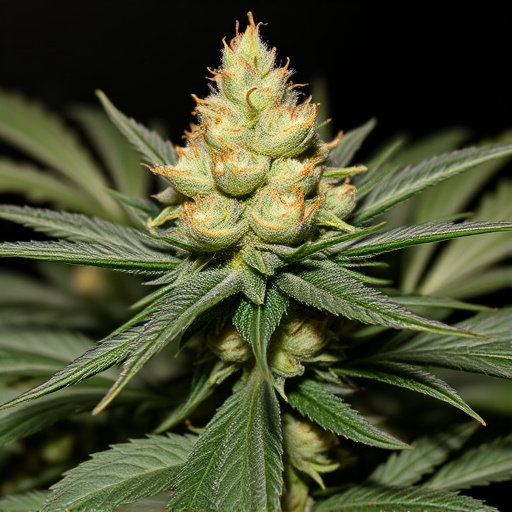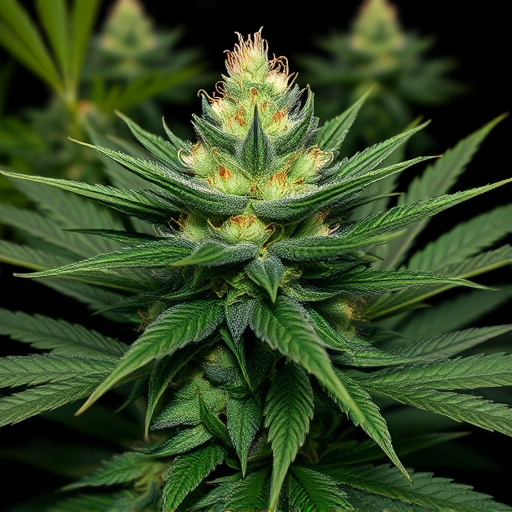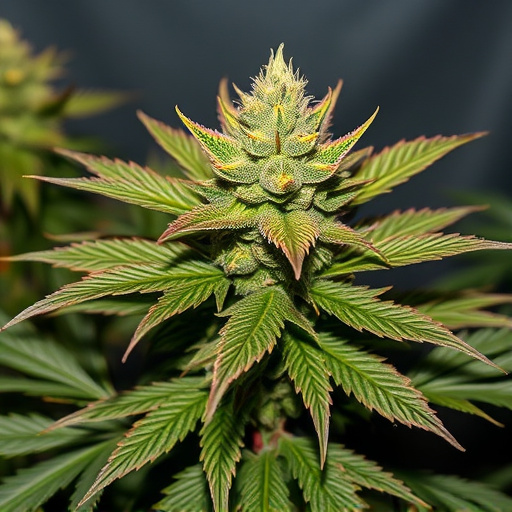The relationship between cannabis, especially big bud strains, and happiness is complex. Science suggests moderate cannabis use may correlate with higher life satisfaction due to cannabinoids interacting with the body's endocannabinoid system. Big bud strains with high THC concentrations can positively impact mood, but individual responses vary based on dosage, frequency, tolerance, genetics, mental health, and personal experiences. Responsible consumption allows for enjoyable experiences without adverse effects. Understanding these factors is crucial for navigating the potential mood-enhancing properties of big bud strains.
Can cannabis make you happier? It’s a question that sparks debate, but recent scientific research offers insights. This article delves into the complex relationship between weed and happiness, exploring both the potential benefits and drawbacks. We dissect the role of potent big bud strains and how they can impact mood. Additionally, we consider personal factors, revealing when cannabis enhances or detracts from one’s emotional state.
- Understanding the Relationship Between Weed and Happiness: Exploring Scientific Research
- The Role of Big Bud Strains: Potent Varieties and Their Effects
- Personal Factors and Individual Experiences: When Does Weed Enhance Mood?
Understanding the Relationship Between Weed and Happiness: Exploring Scientific Research
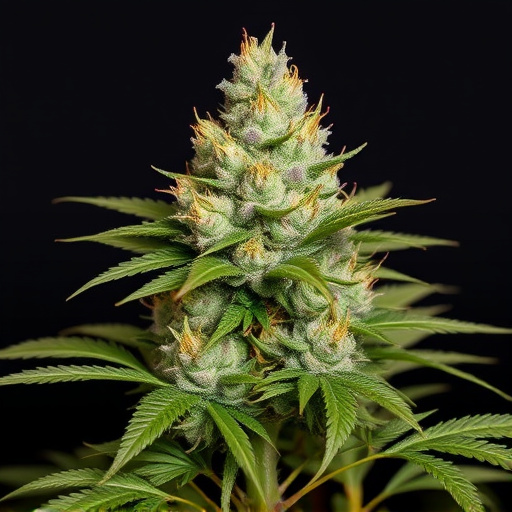
The relationship between cannabis, often referred to as “weed,” and happiness is a complex topic that has sparked much scientific curiosity. While popular culture portrays cannabis as an instant mood lifter, understanding its impact on well-being requires a deeper look into the science behind it. Numerous studies have explored how different strains of cannabis, particularly big bud varieties, can influence various aspects of mental health and happiness.
Research suggests that certain cannabinoids present in cannabis, such as THC and CBD, interact with the endocannabinoid system in our bodies, which plays a significant role in regulating mood, memory, and pleasure. Some studies indicate that moderate cannabis use may be linked to higher levels of happiness and life satisfaction. Big bud strains, known for their potent cannabinoid profiles, could potentially offer more pronounced effects due to increased THC concentrations. However, it’s important to note that individual responses vary, and factors like dosage, frequency of use, and personal tolerance play a crucial role in determining the outcome.
The Role of Big Bud Strains: Potent Varieties and Their Effects
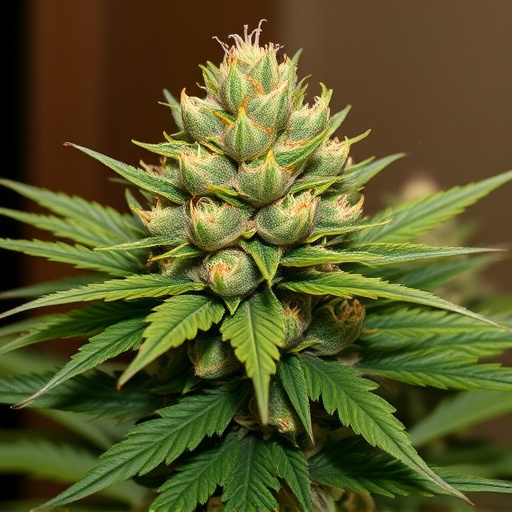
Big bud strains, known for their potent properties, have long been a subject of interest in the cannabis community. These varieties, characterized by dense, oversized buds, offer a unique experience that goes beyond typical cannabis effects. Research suggests that specific big bud strains can indeed contribute to an elevated mood and overall sense of happiness in certain individuals.
The impact of these strains is often attributed to their higher levels of cannabinoid profiles, particularly THC (tetrahydrocannabinol). THC is known for its ability to interact with the endocannabinoid system, which plays a significant role in regulating mood, memory, and perception. Strains with elevated THC content can induce feelings of euphoria, relaxation, and increased sociability, all of which are linked to enhanced happiness and well-being. However, it’s essential to note that individual reactions may vary, and responsible consumption is key, as excessive intake can lead to adverse effects.
Personal Factors and Individual Experiences: When Does Weed Enhance Mood?
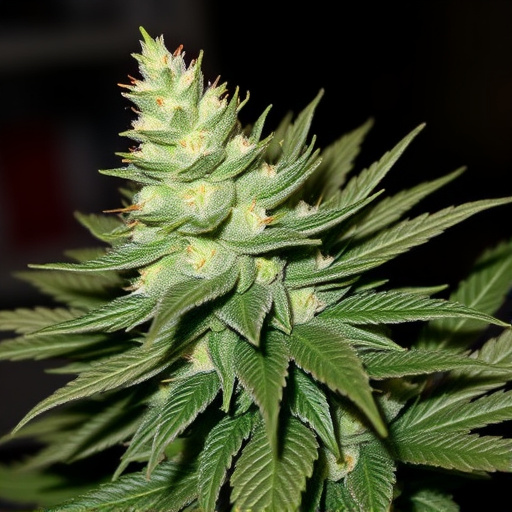
The impact of cannabis on mood is a complex topic that varies greatly from person to person. Personal factors and individual experiences play a significant role in determining whether weed enhances or disrupts one’s mood. While some individuals report feeling happier, more relaxed, and even creative after consuming cannabis, particularly with specific big bud strains known for their potent THC content and unique terpene profiles, others may experience anxiety, paranoia, or a sense of detachment. The reason for these differing outcomes lies in the intricate interplay between genetics, overall mental health, and the specific compounds within cannabis that interact with the endocannabinoid system.
Factors such as setting, company, and prior expectations can also influence how one perceives their mood after using cannabis. For some, sharing a peaceful moment with loved ones while enjoying a high-quality big bud strain might enhance feelings of contentment and connection. In contrast, using cannabis in stressful or unfamiliar situations could lead to adverse effects. Understanding these personal variables is crucial for navigating the potential mood-enhancing properties of weed, ensuring a positive experience that aligns with individual needs and preferences.
While scientific research on the relationship between weed and happiness is ongoing, evidence suggests that certain potent varieties, like big bud strains, can significantly enhance mood for some individuals. However, personal factors play a crucial role; what works for one person might not have the same effect on another. Understanding these nuances is essential in navigating the complex world of cannabis consumption, especially when seeking improved mental well-being. Remember that individual experiences vary, and further exploration is needed to fully comprehend the impact of weed on happiness.
